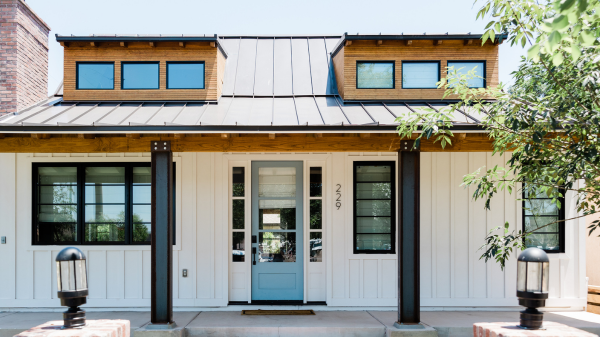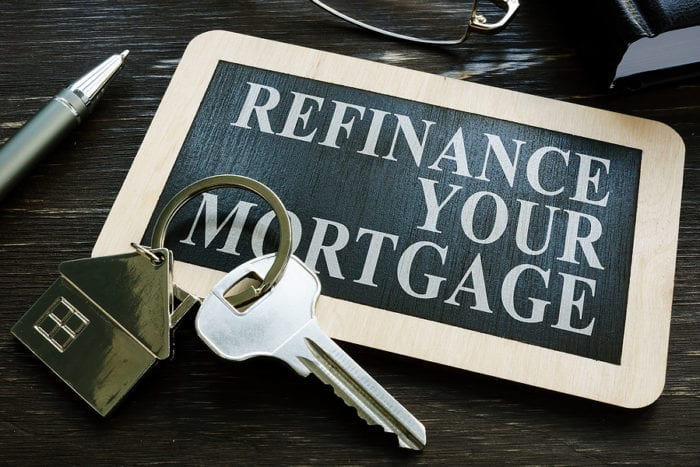Stepping into private mortgage lending can feel confusing and, at times, difficult. You’ve got to stay sharp when it comes to paying it back, and that all kicks off with getting a handle on recourse versus non-recourse mortgages. These terms aren’t just jargon; they redefine what you’re on the hook for as a borrower, especially if things go south.
Knowing the difference can flip your financial strategy upside down and give you a sense of calm when you’re signing on the dotted line. It’s not just about snagging the loan; it’s about really knowing what you’re diving into. Picture yourself hunched over the kitchen counter, bills tossed, figuring out what’s what. That’s when this stuff becomes your trusty sidekick. Get it down pat, and you’re not just borrowing cash; you’re building a game plan to keep your feet on solid ground.
What Are Recourse and Non-Recourse Mortgages?
Your liability after foreclosure depends entirely on your chosen mortgage, and it’s a bigger deal than you might think. Sorting out the difference between recourse and non-recourse mortgages gives you the power to pick what works best for you.
Recourse loans might offer lower interest rates, but they come with a major risk: if the lender forecloses and sells your property for less than what you owe, they can go after your other assets to recover the difference. That could mean wage garnishments or claims against your bank accounts. Non-recourse loans, on the other hand, limit the lender’s ability to collect. They can only seize the property used as collateral, even if it sells for less than the outstanding debt. Understanding this distinction is critical to choosing a mortgage that aligns with your financial risk tolerance.
The Borrower’s Liability in Recourse Mortgages
Recourse mortgages don’t let you walk away clean after foreclosure; the stakes stay high. Imagine your property sells, but the cash doesn’t cover the loan, plus all the extras like legal fees and interest that keep ticking up. Lenders can swoop in and snatch your other assets to square things up; it’s pretty much their legal ace in the hole. Rushing into a recourse loan without thinking twice could make you panic, losing more than just your home. Ask yourself: Can you keep up with the payments? Build a cash cushion or snag some insurance to ease the sting. This will allow you to be safe during uncertain times.
How Non-Recourse Mortgages Protect Borrowers
Non-recourse mortgages throw a lifeline to borrowers by slashing their liability down to size. Say foreclosure hits, and the property’s sale doesn’t cover the loan. That’s too bad for the lender; they’re stuck with the shortfall. They can’t touch your car, savings, or investments. These deals shine brightest when the economy’s shaky or home values tank, giving you a safety net when chaos strikes. But you will need to brace yourself for higher interest rates or a pickier loan-to-value deal. Still, for a lot of folks, the relief of keeping their personal treasures out of reach makes it a deal worth taking.
Pros and Cons of Recourse vs. Non-Recourse Loans
Sorting out these loans feels tricky if you’re new to the game, but it’s worth the effort. Recourse mortgages tempt you with lower rates and fast money. They are a great pick if you’re dead certain you can pay on time. However, one slip could drain your finances dry. Non-recourse loans take the safer route, protecting your belongings if life takes a turn, ideal for the careful soul. The downside? Steeper fees and tighter terms might limit your borrowing power down the road. It’s this constant tug-of-war between playing it cool and going for broke. Pull up a chair, scribble out the math, and settle on what matches your financial goals.
Which Option Is Right for You?
Picking between these mortgage types boils down to what you’re after with your money, and there’s no magic answer that fits everyone. Got a steady paycheck and a decent savings account? Recourse mortgages might suit you, shaving costs and loosening the reins on borrowing. It’s like picking the fast lane on a clear day. But if payments feel dicey or the market’s wobbling, non-recourse is your friend. The safety’s worth it. Think of it as choosing a sturdy umbrella before a storm. Chat with a mortgage advisor who gets it; they’ll map out your goals and nudge you toward a choice that feels right for where you’re at.
What to Expect in Private Lending Agreements
Private lending deals flex more than stiff bank mortgages, but don’t get too cozy as they are packed with fine print. You’ll catch little details in the fine print like what the lender can pull if you miss a payment, the fees, and the payback rules. Private lenders might nudge you for more collateral and shrug off how recourse could smack your stuff around. Each contract’s a snowflake, shaped by your talks with the lender. Dig in, ask questions, and don’t sign until it’s crystal clear. Bring a lawyer to the table if you have to, as they’ll sharpen your edge and lock in terms that match your money reality, not just the lender’s desires.
Navigating Your Mortgage Choices Confidently
With recourse mortgages, lenders can hunt down your assets if the property sale falls short of clearing the debt. They might swipe your car, raid your savings, or take anything else you own that’s worth something to cover their loss. Non-recourse mortgages switch things up, locking the lender into only going after the property, leaving your other stuff safe. Non-recourse wraps your assets in a snug blanket, even if it means shelling out more initially. It’s your call, tied to where your finances sit and where you’re aiming. Picture yourself years from now: will you kick yourself for not digging deeper? Arm yourself with the upsides and pitfalls, and you’ll land a mortgage that fits like a glove. Knowledge isn’t just power here; it’s your ticket to steering through private lending with your head held high.






